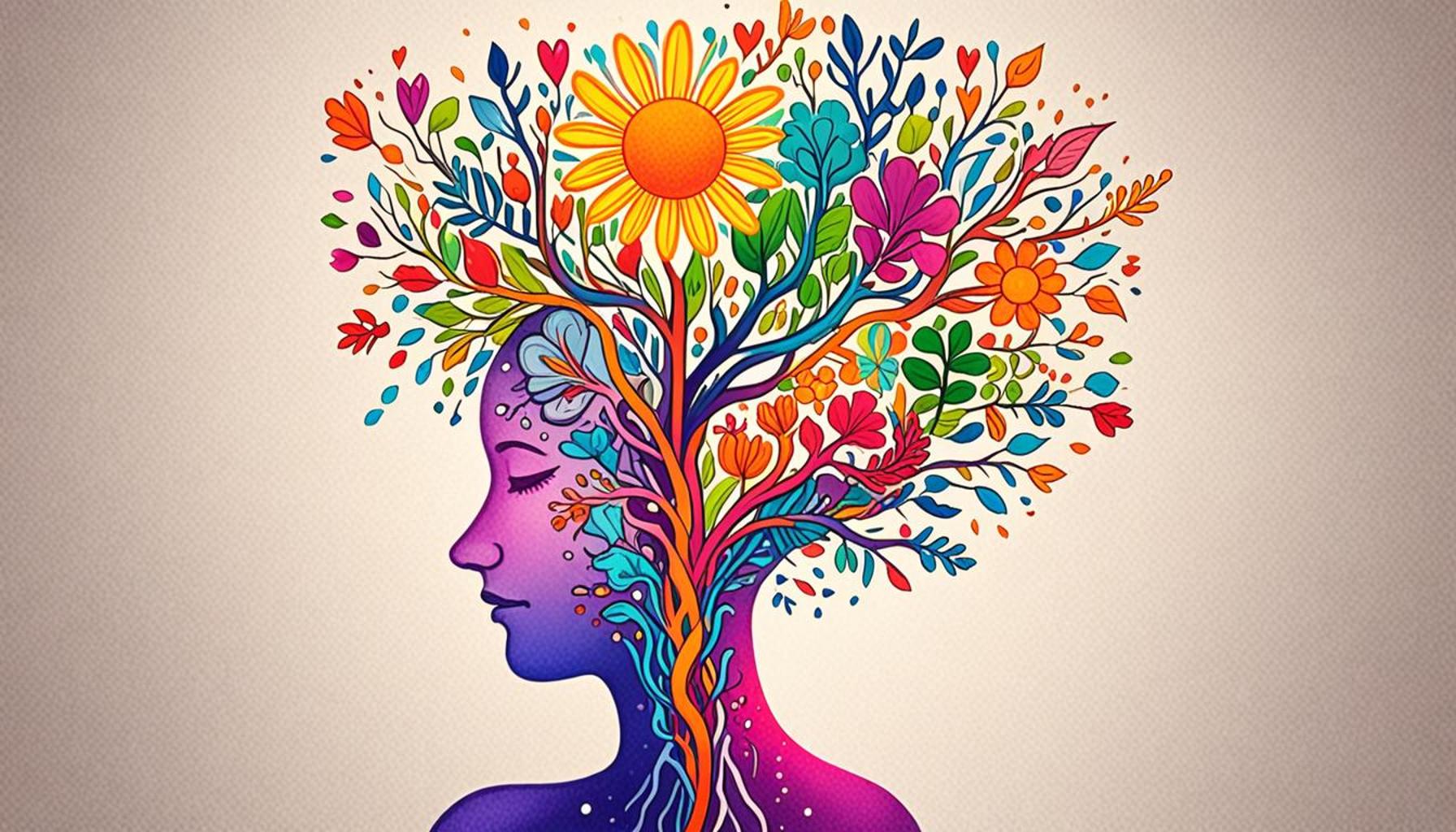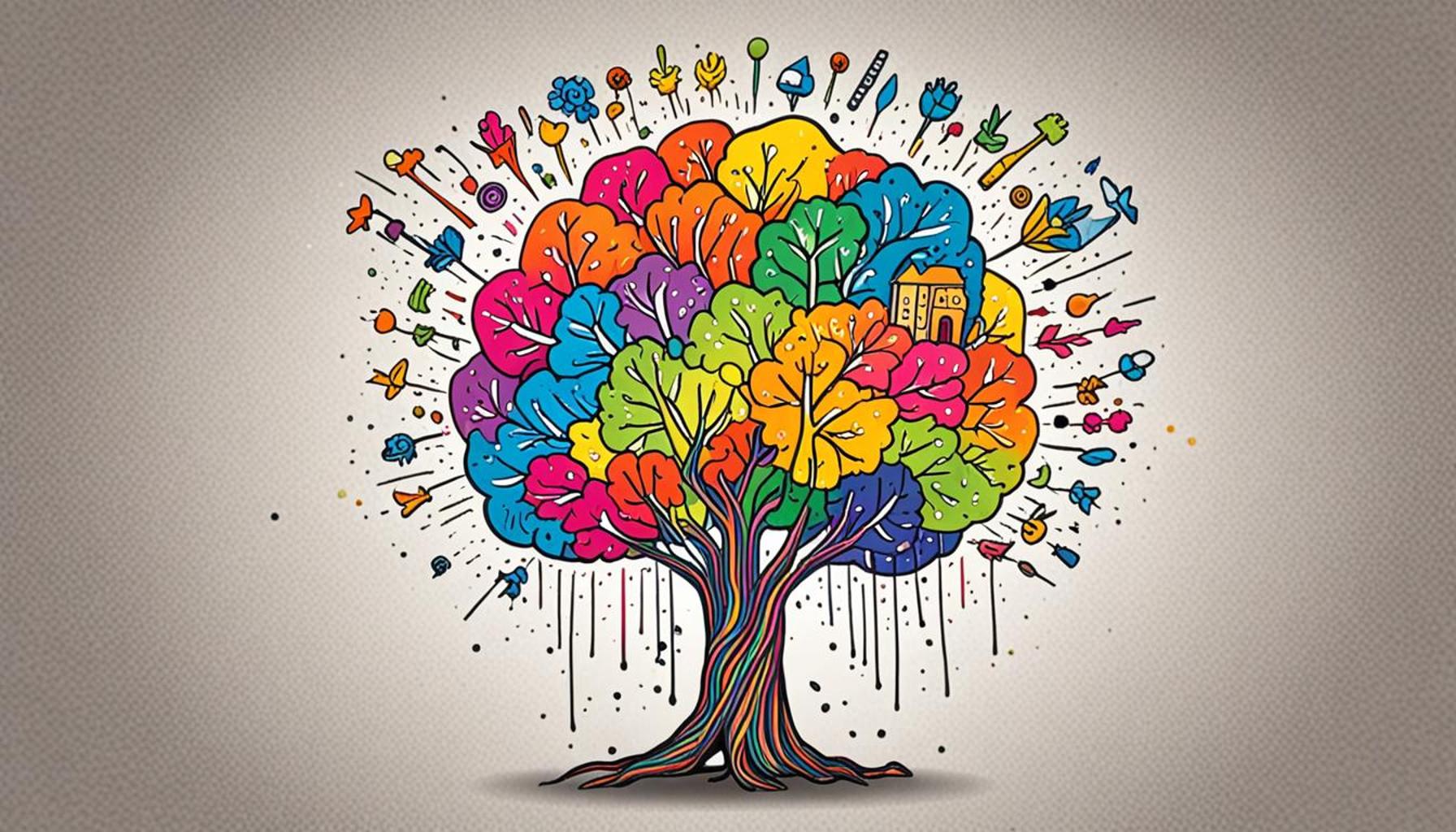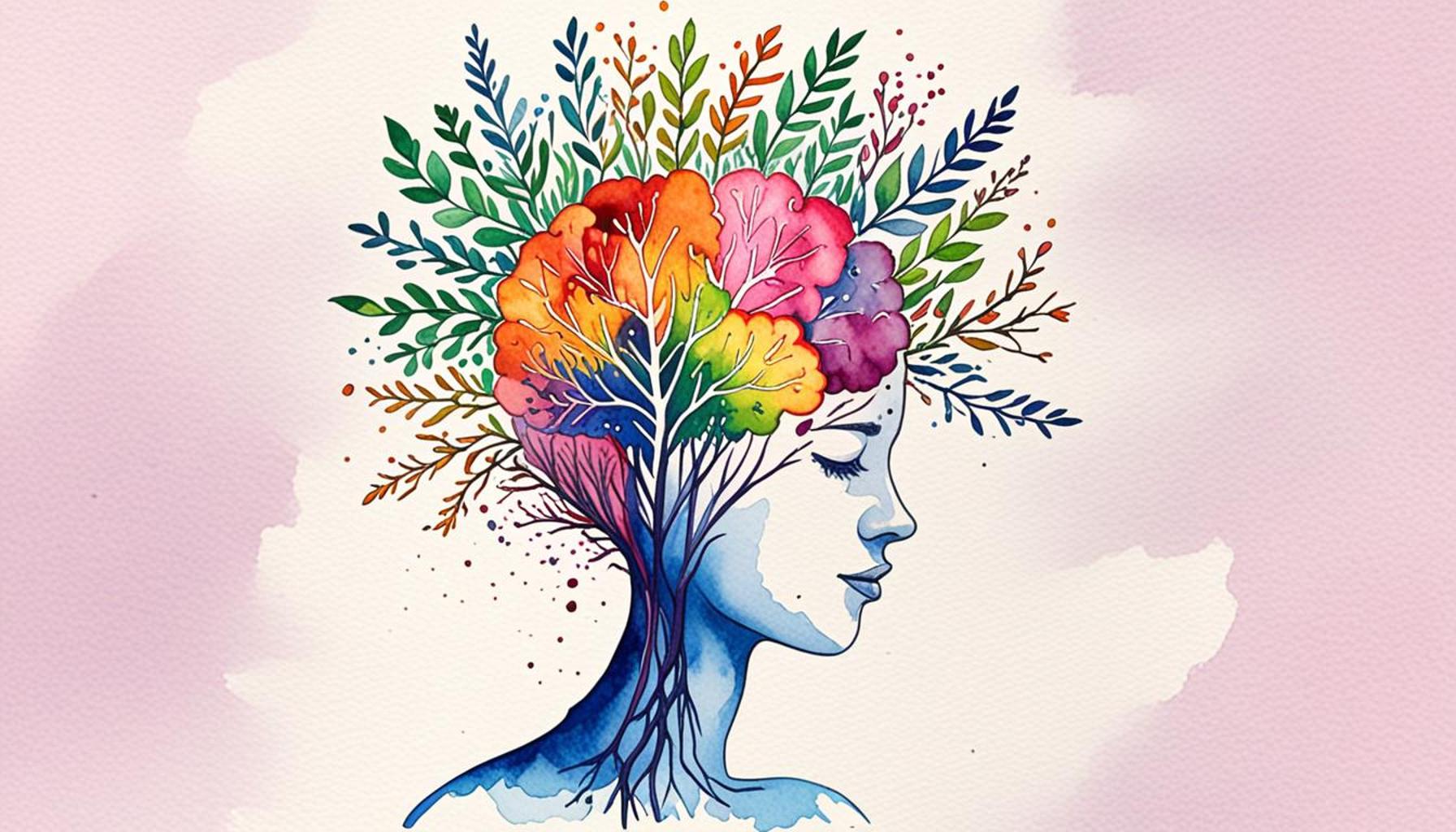Building Resilience in Old Age: Growth Mindset Techniques to Face the Challenges of Aging

Understanding Resilience in the Elderly
The journey of aging brings a unique set of challenges that can test even the strongest individuals. However, with the right mindset, these challenges can transform into opportunities for growth and vitality. Building resilience is crucial for older adults, enabling them to navigate hurdles such as health issues, social changes, and emotional fluctuations.
The Importance of a Growth Mindset
A growth mindset is pivotal in fostering resilience. This approach allows older individuals to:
- Embrace challenges with open arms, which can lead to personal development and enhanced problem-solving skills.
- View failures as lessons rather than setbacks, helping them to cultivate a more positive outlook on life’s obstacles.
- Continuously learn and adapt to new situations, ultimately enriching their lives with new experiences and knowledge.
In Nigeria, as the elderly population expands due to improved healthcare, the adoption of these mindset techniques becomes increasingly essential. Families and communities can play a vital role in nurturing this mental shift, creating supportive environments where learning from challenges is celebrated. For instance, local elder groups can facilitate workshops that encourage sharing personal stories of overcoming adversity, fortifying communal bonds.
Key Techniques for Building Resilience
Several techniques can help older adults cultivate a stronger sense of resilience:
- Social Engagement: Staying connected with friends and family fosters support. Regular gatherings, cultural events, or even technology that bridges distance—such as video calls—enable older adults to maintain vital relationships.
- Physical Activity: Regular exercise promotes both physical and mental health. Activities such as walking groups, dancing, or traditional Nigerian sports like Ayo can boost both fitness and social connection, which is paramount in building self-esteem.
- Mindfulness Practices: Meditation and relaxation techniques can enhance emotional stability. Programs that incorporate local traditions, such as storytelling or drumming, can serve as effective mindfulness practices, creating a cultural link while promoting mental well-being.
By integrating these techniques into daily life, older adults in Nigeria can not only face the challenges of aging but also thrive as they embrace their golden years. Building resilience is not merely about enduring; it’s about flourishing in a way that each individual can contribute positively to their community, turning challenges into stepping stones toward a vibrant future.
CHECK OUT: Click here to explore more
Embracing Change: The Role of Adaptability in Resilience
As people age, they often encounter significant changes that can impact their sense of self and well-being. From transitioning into retirement to facing health issues and losing loved ones, the ability to adapt to these new realities can greatly influence overall resilience. Adaptability acts as a cornerstone in building resilience, enabling older adults to reframe their experiences and find new paths forward.
Recognizing the Signs of Change
The first step towards adaptability is recognizing the changes that come with aging. These changes can range from physical limitations to social shifts, such as children leaving home or friends moving away. Acknowledging these transitions is essential, as it allows individuals to accept their circumstances rather than resist them. The Nigerian proverb, “When the music changes, so does the dance,” aptly encapsulates this principle, highlighting that flexibility is key to thriving amidst change.
Developing a Positive Outlook on Aging
Adopting a positive outlook on aging significantly contributes to resilience. Older adults can combat negative stereotypes by focusing on the advantages of their age, including wisdom, experience, and a deeper understanding of life’s complexities. By shifting their perspective, seniors can reframe challenges as opportunities for growth. Studies indicate that individuals who view aging as a positive phase of life often experience better health outcomes and greater life satisfaction.
Building a Supportive Network
Establishing connections is crucial in fostering resilience. Social networks provide emotional support and practical help, which are invaluable during difficult times. Engaging with others can combat feelings of loneliness and isolation, which are common among the elderly. In Nigeria, communal living and familial bonds play a vital role in this context. Encouragingly, activities such as group discussions, workshops, or community service can enhance these relationships and provide a sense of belonging.
- Participating in Community Events: Events like cultural festivals and religious gatherings allow older adults to engage with their community and share their rich experiences.
- Joining Support Groups: These groups create a safe space for individuals to discuss their challenges and triumphs, ultimately fostering resilience through shared experiences.
- Volunteering: Giving back not only benefits the community but can also provide a renewed sense of purpose and connection to others.
The synergy of adaptability, a positive outlook, and a supportive network exemplifies how resilience in old age can be cultivated. By employing these strategies, older Nigerians can overcome life’s inevitable changes, ensuring that their golden years are filled with vitality and purpose. Resilience is not merely about enduring life’s trials but is about flourishing in ways that enrich both individual lives and the community as a whole.
| Growth Mindset Techniques | Advantages |
|---|---|
| Mindfulness Meditation | Enhances self-awareness and reduces stress levels. |
| Continuous Learning | Encourages cognitive engagement and adaptability to change. |
| Setting Realistic Goals | Fosters a sense of achievement and purpose, boosting self-esteem. |
| Seeking Social Support | Provides emotional resilience and strengthens relationships. |
Incorporating a growth mindset in later years is a vital strategy for those grappling with the challenges of aging. Notably, mindfulness meditation is a technique that has gained attention; it not only enhances self-awareness but significantly reduces stress levels, leading to improved overall well-being. Furthermore, embracing a culture of continuous learning allows seniors to remain cognitively engaged, thereby boosting their adaptability to life’s inevitable changes. Setting realistic goals is another key component; this practice fosters a sense of achievement and purpose, which can immensely bolster self-esteem during life’s transitional phases. Lastly, seeking social support has proven indispensable in providing emotional resilience—building and maintaining strong relationships can act as a buffer against the isolation many face in old age.
LEARN MORE: This related article may interest you
Nurturing a Growth Mindset: Strategies for Continuous Learning
At the heart of resilience in old age lies the concept of a growth mindset. This psychological perspective promotes the belief that abilities and intelligence can be developed through dedication and effort. For older adults, embracing a growth mindset can transform the challenges of aging into opportunities for ongoing personal development and fulfillment.
Engaging in Lifelong Learning
The desire to learn new skills or acquire knowledge does not diminish with age; in fact, many older adults find that the pursuit of education can invigorate their lives. Local libraries, community centers, and online platforms often offer classes ranging from cooking and coding to languages and arts. For instance, the rise of online learning platforms such as Coursera and Udemy allows seniors in Nigeria to engage with global experts without leaving their homes. By committing to lifelong learning, older adults can enhance their cognitive abilities, foster a sense of achievement, and connect with younger generations.
Setting Achievable Goals
Setting achievable goals is another integral component of a growth mindset. Older adults can benefit greatly from defining and pursuing realistic objectives that align with their interests and capabilities. Whether it’s gardening, artistic endeavors, or physical fitness, breaking down large goals into smaller, manageable steps can provide a roadmap that boosts motivation and confidence. Research shows that regularly achieving smaller milestones fosters resilience, offering a sense of progression amidst the inevitable changes of aging.
Adopting Coping Techniques for Stress Management
Every life stage presents its own stressors, and aging can bring unique challenges, such as health complications or social isolation. Implementing effective stress management techniques can help older adults cultivate resilience. Mindfulness practices, such as meditation or yoga, which are gaining popularity even in Nigeria, allow individuals to focus on the present moment and mitigate anxiety. Additionally, engaging in creative activities—like painting or writing—can serve as a therapeutic outlet that encourages self-expression and emotional healing.
- Practicing Mindfulness: Regular meditation sessions help seniors stay grounded, promoting emotional stability and overall well-being.
- Journaling: Keeping a daily journal can offer seniors a reflective outlet, enhancing self-awareness and personal growth.
- Physical Activity: Regular exercise, from walking to participating in community dance classes, is proven to improve mood and cognitive function—essential ingredients for resilience.
Incorporating these strategies into their daily lives not only eases the burden of stress but also fosters resilience for older adults facing the complexities of aging. Through a growth mindset, seniors can navigate obstacles creatively and proactively, leading to a more fulfilling and enriched life.
ADDITIONAL INSIGHTS: Expand your understanding here
Conclusion: Embracing Resilience Through a Growth Mindset
The journey of aging is a tapestry woven with challenges and opportunities, and embracing a growth mindset can significantly enhance resilience in older adults. By actively engaging in lifelong learning and setting achievable goals, seniors can redefine their experiences, fostering not only personal growth but also a deeper connection with those around them. Nigerian elders have a unique advantage, as they can leverage local resources—such as community centers and family support—to enrich their learning journeys.
Additionally, integrating effective stress management techniques into daily routines not only alleviates anxiety but also cultivates emotional stability. The practice of mindfulness, the art of journaling, and regular physical activity are key strategies that can empower seniors to navigate the complexities of aging with renewed vigor. These practices support mental acuity, emotional well-being, and improved quality of life, which are essential facets of proactive aging.
As our elders face the realities of aging, it becomes crucial to shift the narrative from one of limitation to one of possibility. The resilience embodied in a growth mindset encourages a life filled with purpose, creativity, and joy, transforming the later years into a golden chapter rather than a declining phase. By highlighting and celebrating these growth strategies, we not only honor our elders but also inspire future generations to approach their own aging journey with optimism and strength.



